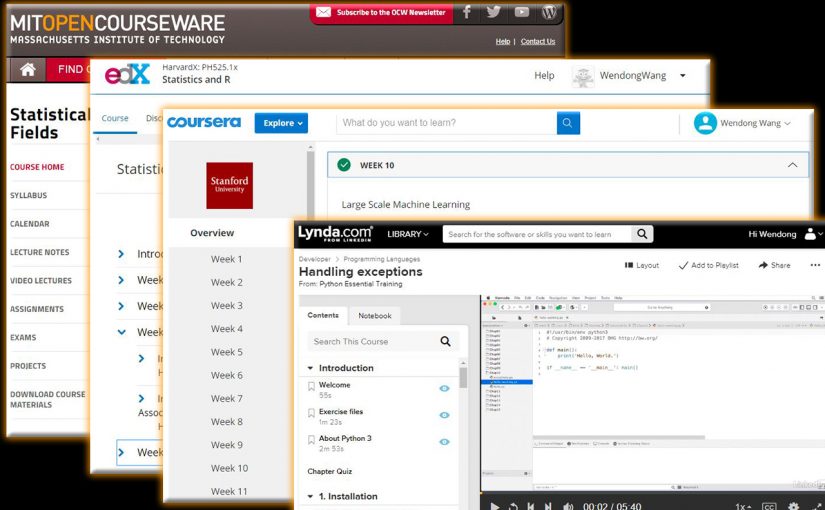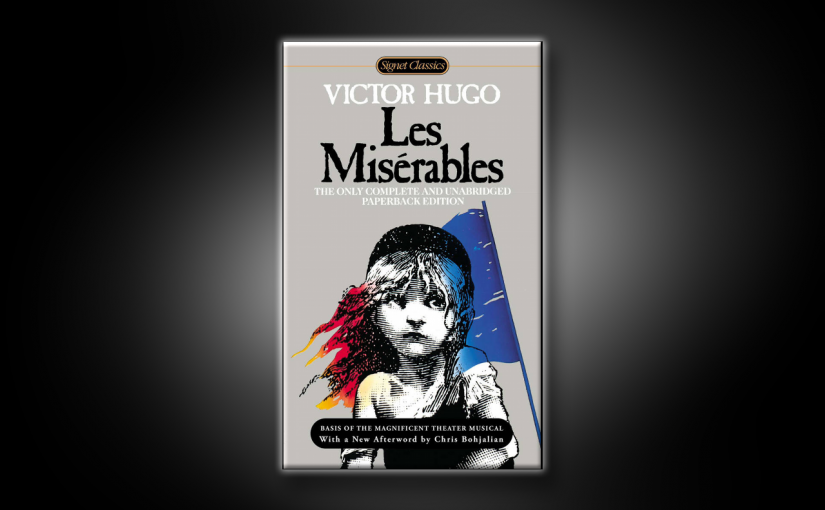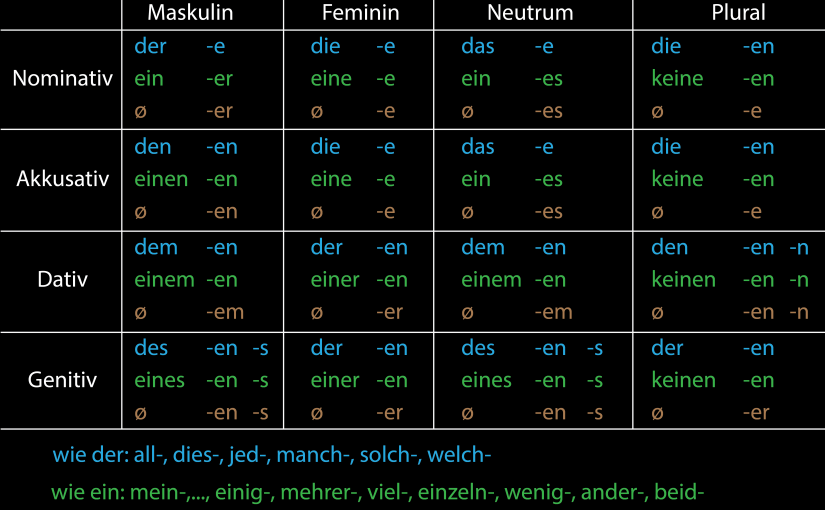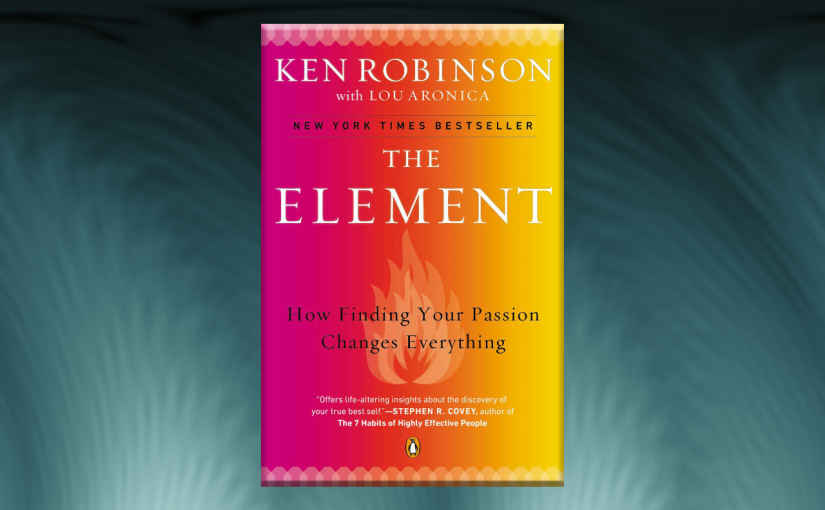-
Online Education, Part 2

Every major in college education has a standard set of courses that a student needs to take in order to get a degree. For example, a physics major needs to take classical mechanics, electrodynamics, statistical mechanics, and quantum mechanics; another example, a chemistry major needs to take inorganic, organic, physical, and analytical chemistry. Traditionally, these…
-
Online Education, Part 1

Online courses have been around for a while. MIT Open Course Ware (OCW), established in 2001, is one of the earliest examples. In OCW, the videos of the lectures are recorded and posted online, as well as some of the course materials such as lecture notes and homework assignments. However, the structure of the courses…
-
Les Miserables, part 4 — Thenardier
Thenardiers are despicable. They are evil, but the thing is, they are not even that good at doing evil. What’s the point, then, to create such characters? Surely, the intention is not just to warn us that the evil exists. On their evil nature, Hugo wrote: “They were among those dwarfish natures, which, if they…
-
Les Miserables, part 3 — Fantine
Cosette has a father, Félix Tholomyès, a student in Paris. Their love story is told together with three other pairs of lovers. I believe Hugo’s intention was to show that their story represents the working-class people of France at the time. Hugo was very clear about not to put too much emphasis on the identity…
-
Les Miserables, part 2 — Javert

Javert evokes conflicting emotions. He is an agent of the law and, by extension, the state. His chief traits, as Hugo described, are his respect for authority and his hatred for all crimes, which make him a great detective. To illustrate his effectiveness as a detective, Hugo described the arrests following the ambush of Jean…
-
Les Miserables, part 1 – overview

The movie/musical is great, so I read the book. The book is long. I read it on Kindle, so it is a bit hard to tell how long the book actually is. It is only when I finally finished it a few weeks ago that I realized it is the only fiction I have read this…
-
7 Years of FLIPS

From 1 July 2011 to its official publication last week, it is exactly 7 years. What I have learned over the course of the 7 years. First, the difference between having an idea and realizing an idea. The conceptual competence is in the quality of the idea, but the technical competence is in the quality of the…
-
Deutsche Sprache, schwere Sprache

German is a more complex language than English. I have been trying to learn enough German in the hope to write this post in German or a post in German, but alas, that day may come in the still distant future. The image above shows the variation of articles and adjectives endings (and some noun…
-
Book Summary: The Element By Ken Robinson

I read this book because of Sir Ken Robinson’s TED talks. In a sense, the book is a big compilation of his presentations on the subjects of human intelligence and creativity. He defines the Element as “the meeting point between natural aptitude and personal passion”. To find one’s Element, he suggests, one also needs to…
-
The technology perspective

It has been a while since the last time I published, but finally here it is. It is open access, so everyone can download it. The article is written from the perspective of science, the development of ideas and realization of them. However, there is an equally important perspective, the one from technology. It is…